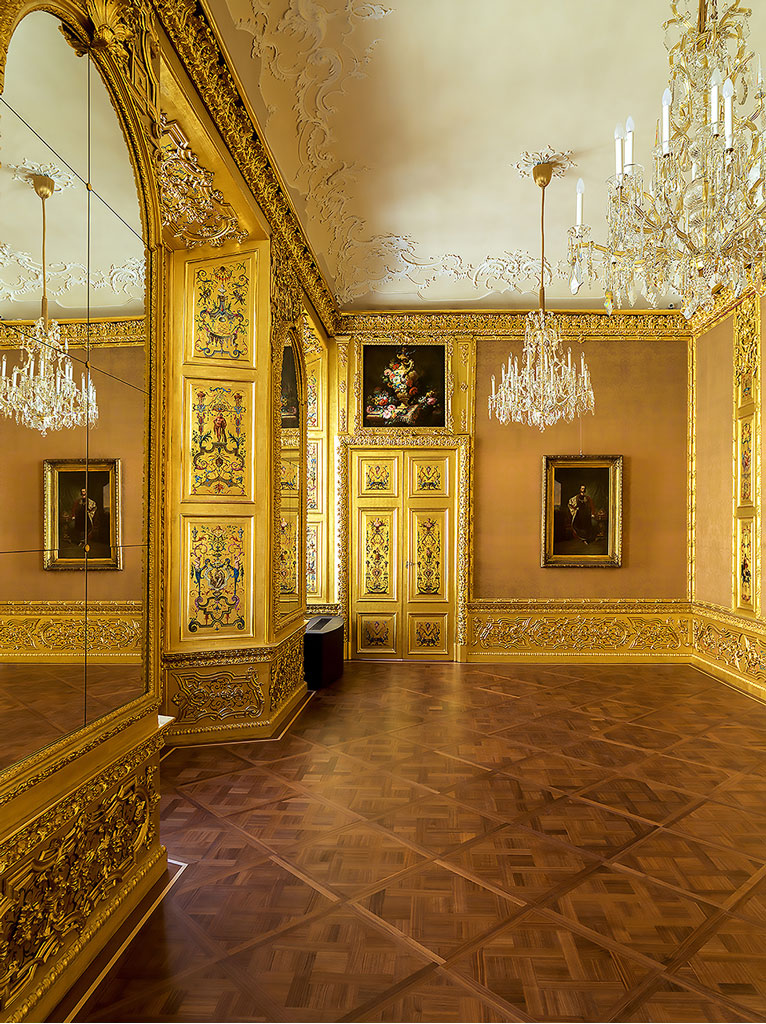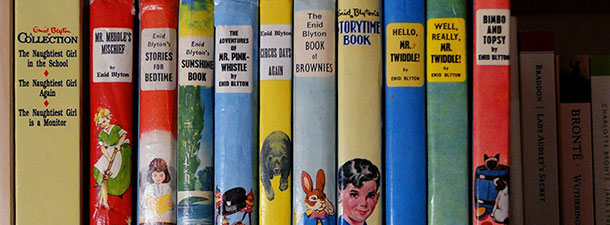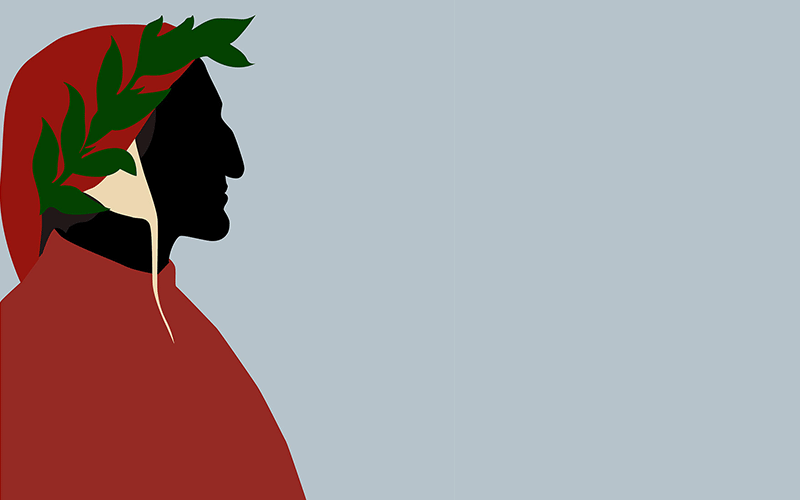
The Divine Comedy – (Around the world)
Dicembre 19, 2013
La Isla Bonita
Febbraio 15, 2014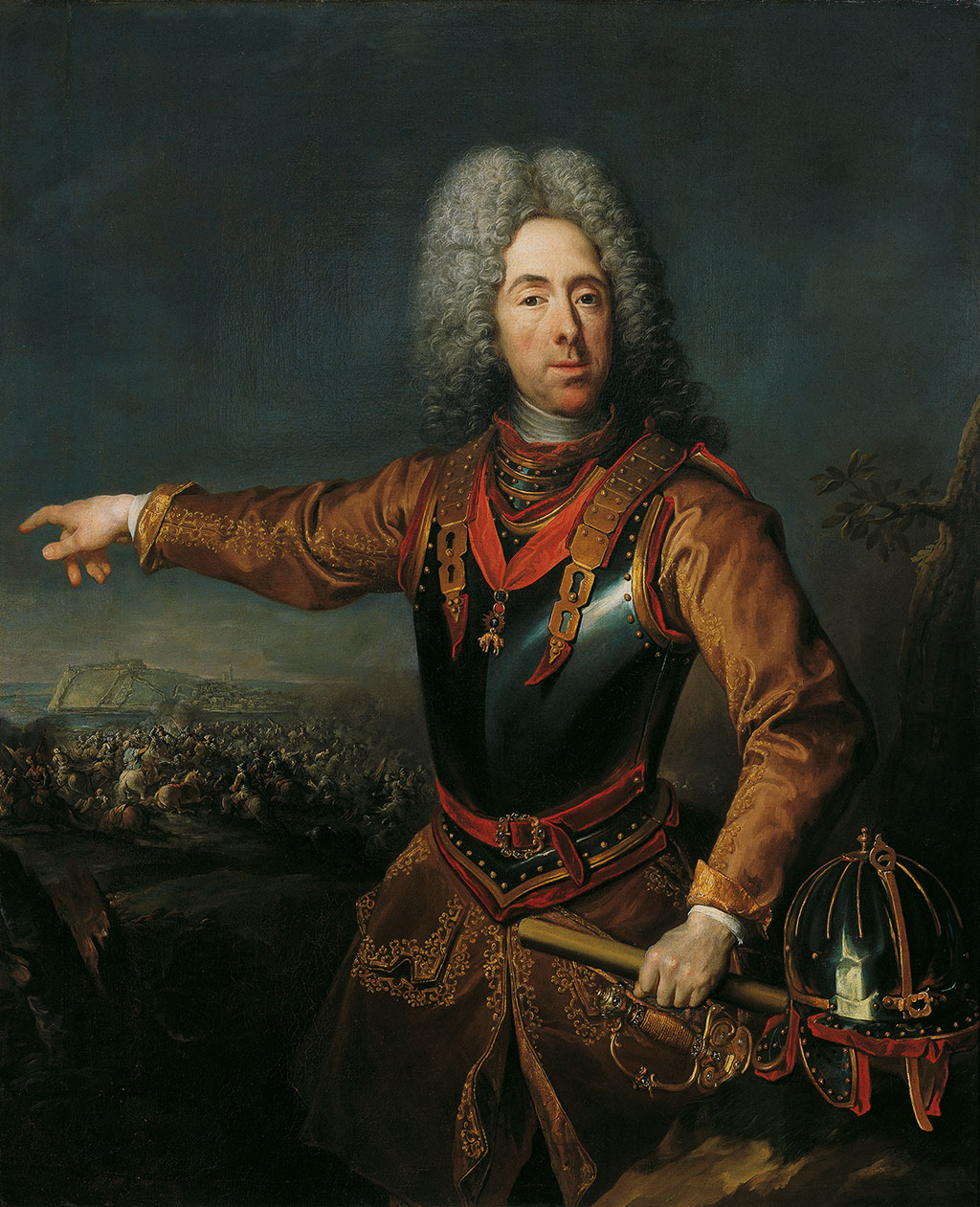 Festivities in Vienna commemorating the 350th birthday of Prince Eugene of Savoy include the spectacular opening of his Winter Palace and an intriguing play on his liaison with Countess Batthyany.
Festivities in Vienna commemorating the 350th birthday of Prince Eugene of Savoy include the spectacular opening of his Winter Palace and an intriguing play on his liaison with Countess Batthyany.
He was the most accomplished general of his age, an advisor to three successive Holy Roman Emperors, (Leopold I, Joseph I and Charles VI), and the man who famously held back the Ottoman army at the gates of Vienna, sparing the Austrian empire and the House of Habsburg a Turkish invasion that would have altered the course of its history. Yet there was nothing in the early life of Prince Eugene of Savoy (1663 – 1736) that hinted at his courage, military greatness or the diplomatic skills that would make him one of the most powerful men in Europe.
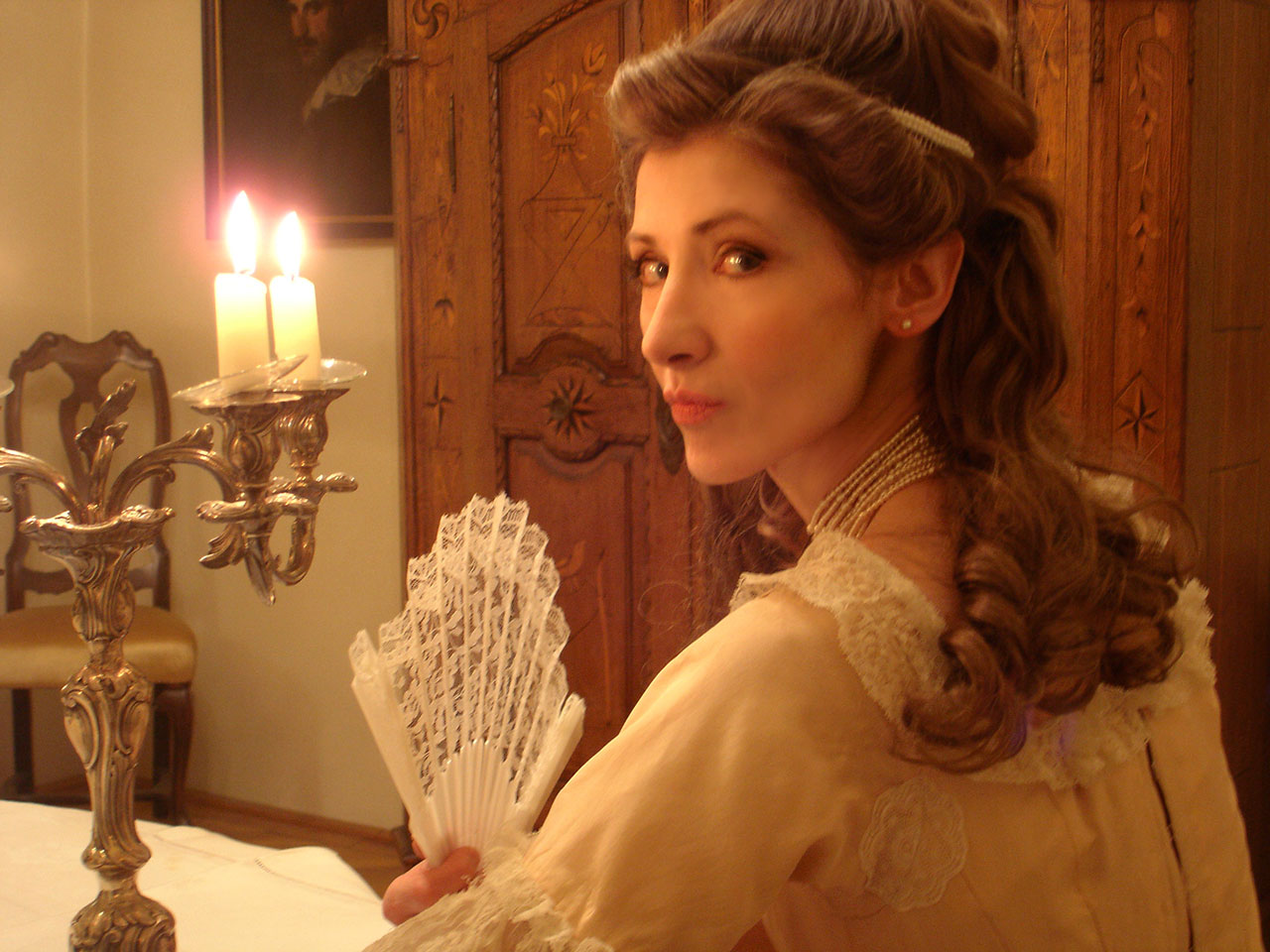
Three centuries after his death Eugene, who one contemporary described as “never good looking” with “two large teeth which are visible at all times”, continues to fascinate the public, thanks to his magnifi cent cultural legacy and a ubiquitous presence in school books and folk songs. It is therefore fi tting that on what would have been his 350th birthday he is the subject of a major play, The Rage of Eleonore Batthyany which through an emotionally charged soliloquy, explores the relationship between the bachelor Prince and the formidable Countess Eleonore. Yet history might have been very different if Eugene had stuck to his original plan to serve the church.
Born into a family of four brothers and three sisters, Eugene’schildhood was one of emotional dislocation played out against an aristocratic backdrop of vanity, intrigue and frustrated ambition. His mother Olympia Mancini was a mistress of the French King Louis X1V who after he rejected her, married the brave but unglamorous soldier Eugene Maurice, Count of Soissons. It wasn’t a union brimming with affection. The Count spent most of his time at war while his indifferent wife schemed in the corridors of power, leaving the children to their own devices. However when Eugene was ten his father died while his mother was forced to leave the French court amidst accusations she had threatened the king’s life. She left her son with his paternal grandmother and historians believe the boy may have been sexually abused while he was under her care.
Yet Eugene was a survivor, and even though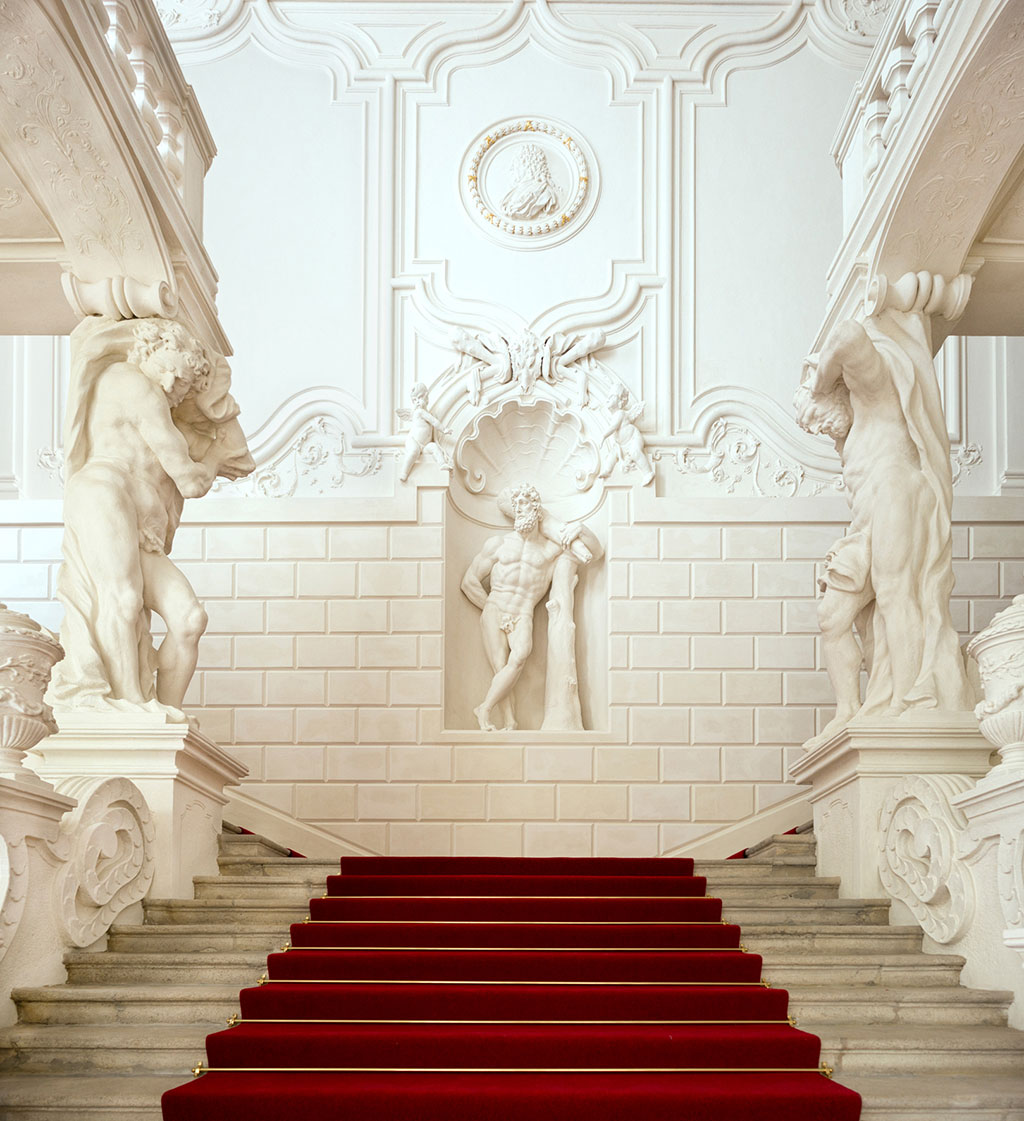 he was expected to follow an ecclesiastical path, his heart was fi rmly set on the military.
he was expected to follow an ecclesiastical path, his heart was fi rmly set on the military.
When Louis XIV rejected his appeal to join the French army, “The request was modest, not so the petitioner. No one else ever presumed to stare me out so insolently”, Eugene headed to Vienna and entered the service of Leopold I. From that point on he never looked back.
Over the years he would prove himself to be a brilliant diplomat as well as an excellent soldier and military strategist, scoring decisive victories over the Turks and helping the Duke of Marlborough to triumph at the Battle of Bleinheim. However Eugene’s achievements weren’t restricted to war. As one of the most infl uential and wealthy personalities of the Austrian empire he was responsible for shaping European politics while supporting the continent’s art and culture.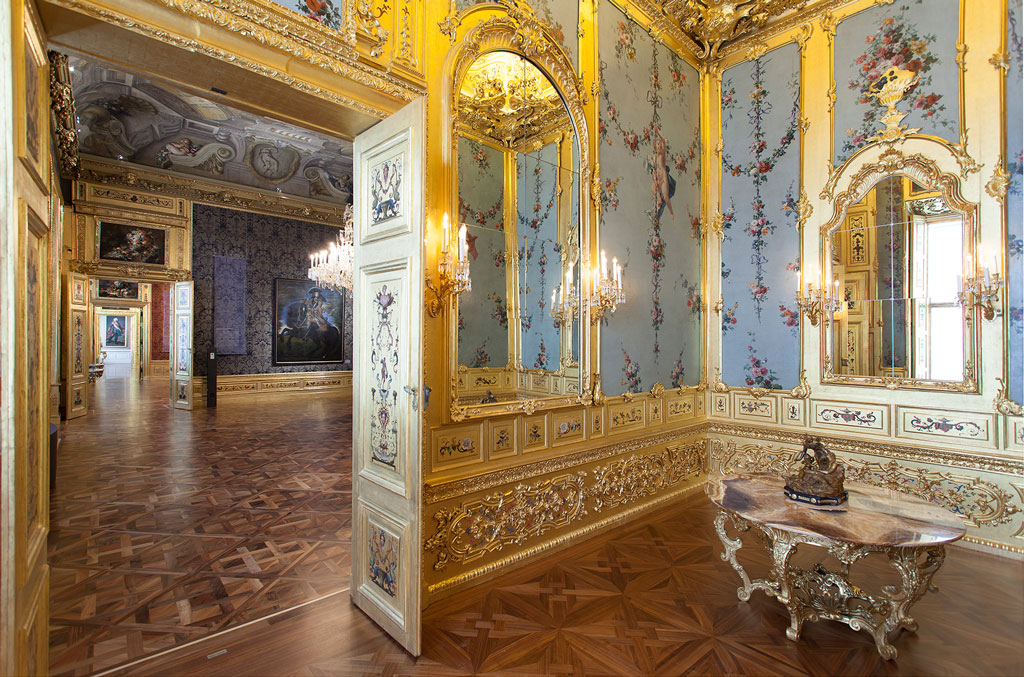
He built up an outstanding art collection, including 400 paintings by the great masters, while his library shelves buckled under the weight of more than 15,000 books purchased during his diplomatic travels and military campaigns. It was Eugene who commissioned the building of the Belvedere palace in Vienna and the Schloss of in the surrounding countryside, both of which are regarded as outstanding examples of Baroque architecture. Yet it is the Winter Palace, by the renowned architect Johann Bernhard Fischer Von Erlach, that is the real jewel in the crown. Set in the old town of Vienna, the palace was opened to the public on 18th October (Eugene’s birthday), after an extensive and meticulous fi ve year restoration. Having brought it back to its former glory, it will exhibit some of Eugene’s paintings alongside more contemporary pieces.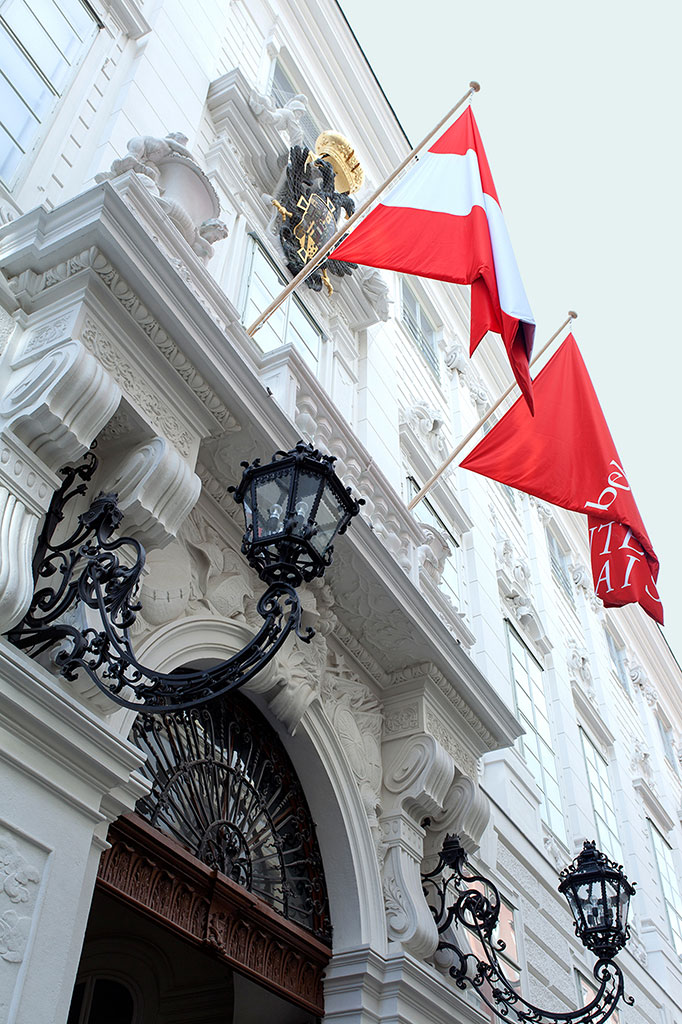
What he might have made of all this is open to question but it is fair to say that while his love of art was no secret, his private life was kept under wraps. Little is known about it except that he never married and was childless when he died. In the last twenty years of his life he enjoyed a close friendship with the widow Countess Eleonore Batthyany, who became his confi dante and advisor. The two were inseparable, (they played cards together the night before his death), and although they were thought to be lovers, there is no mention of her in his surviving letters. What is known is that Eugene’s enemies, secretly supported by the Emperor Charles VI, used the relationship as an excuse to spy on the couple, in a bid to reveal the extent of her infl uence over him and to oppose his plans to reform and modernise the state. The scandal and the shenanigans that went with it are the basis of Erwin Riess’ critically acclaimed play, which is due to re-open in Vienna after its recent run in Schloss Hof. Actress/director Reya von Galen plays the role of Eleonore, depicting her as an intelligent, capable woman dealing with a man whose love will never be fully requited, whilst pitting her wits against the emperor and the male dominated society she has been born into. While awaiting the outcome of an audience between Eugene and the Emperor, the Countess recalls her life at the Prince’s side and the painful awareness of lacking the necessary means to fi ght her battles in a society governed by male vanities. Visionary general, art lover, philosopher and politician, the Prince of Savoy is one of the Baroque era’s most seminal fi gures. His Winter Palace is a landmark of European culture while his meteoric rise to success is an example of determination conquering adversity. Eugene triumphed where others failed because he never lost sight of what he wanted, a quality that Frederick the Great was more than ready to acknowledge:
“ If I understand anything of my trade, especially in the more difficult aspects, I owe that advantage to Prince Eugene. From him I learnt to hold grand objectives constantly in view, and direct all my resources to those ends.”



